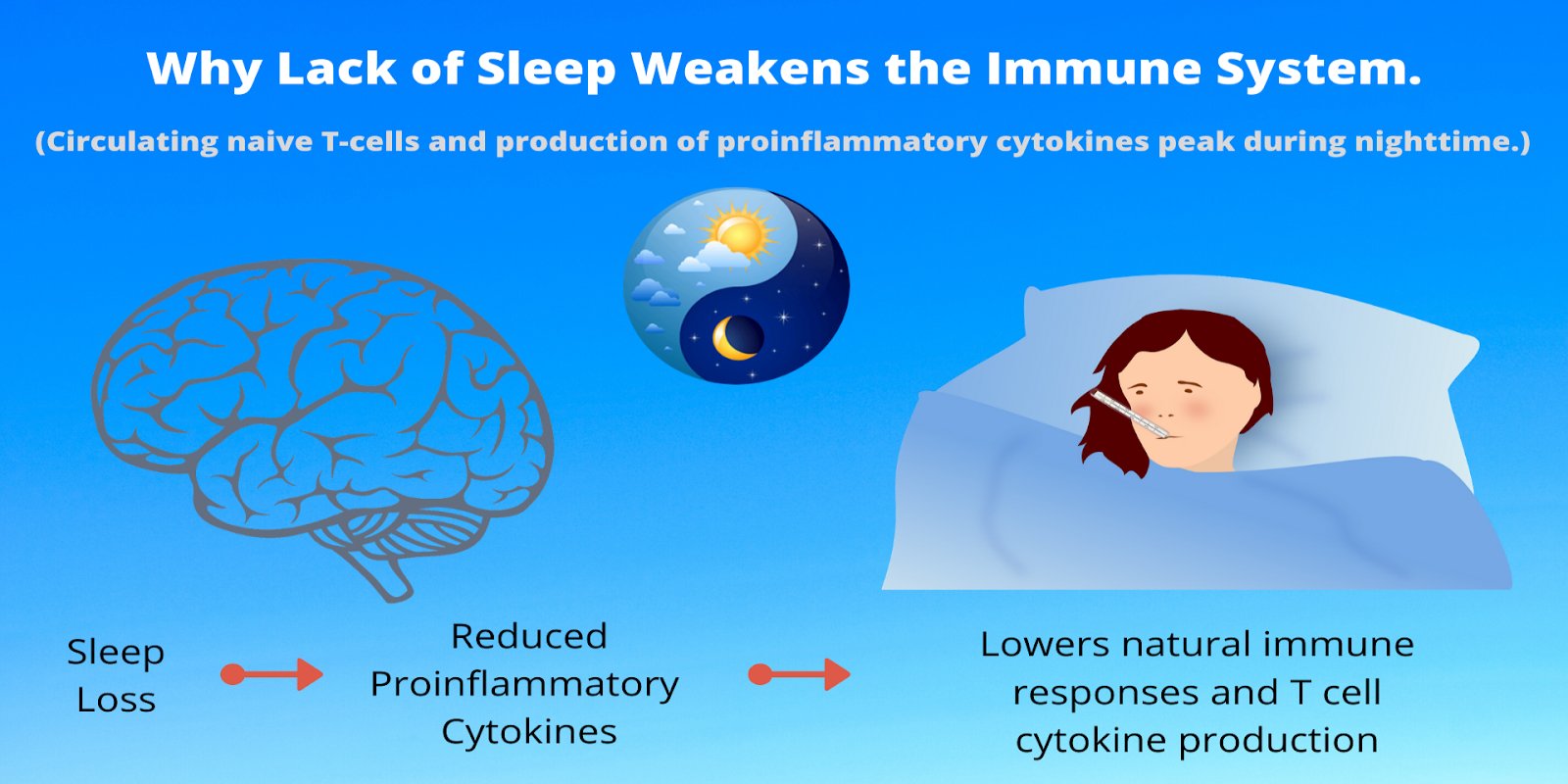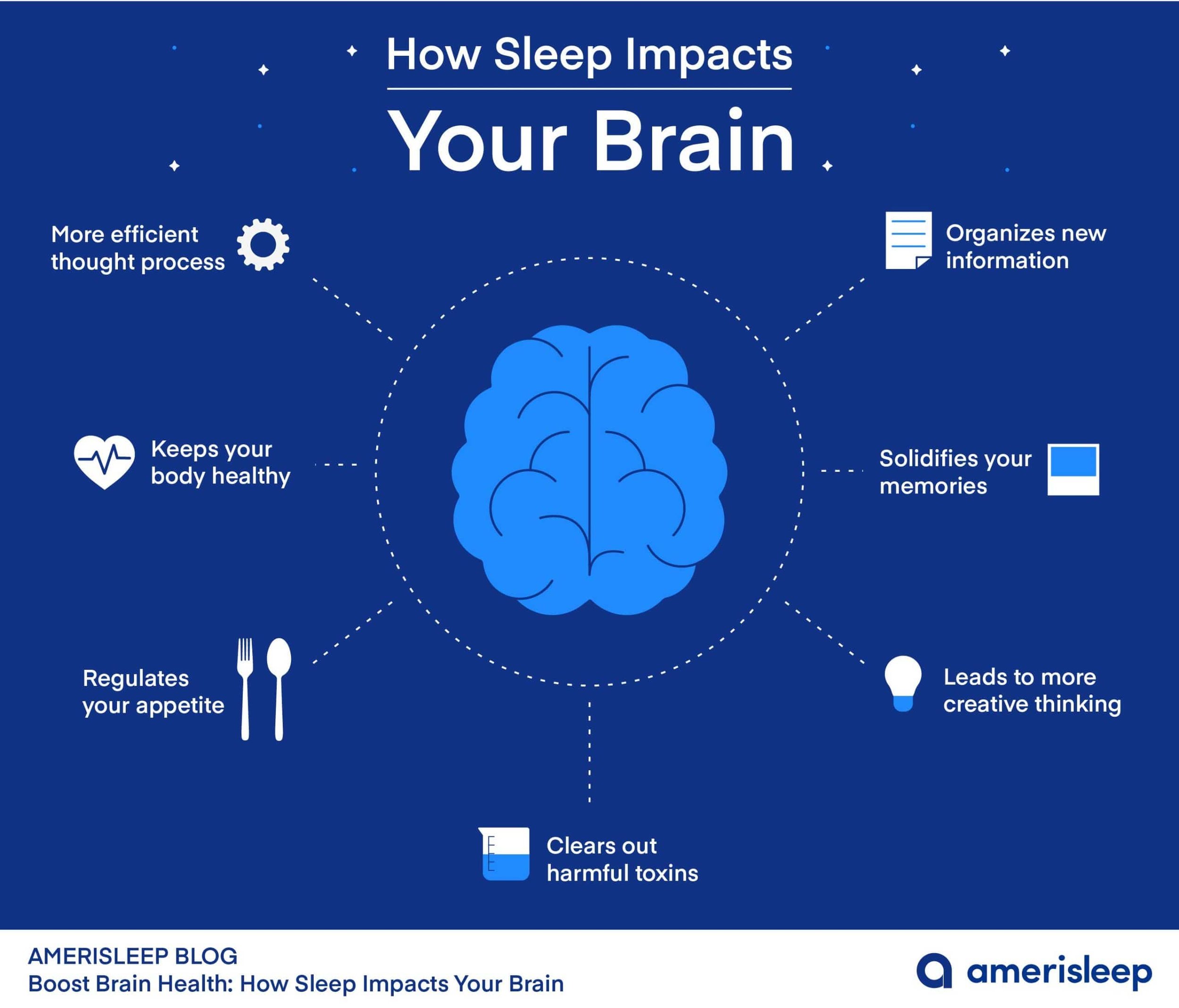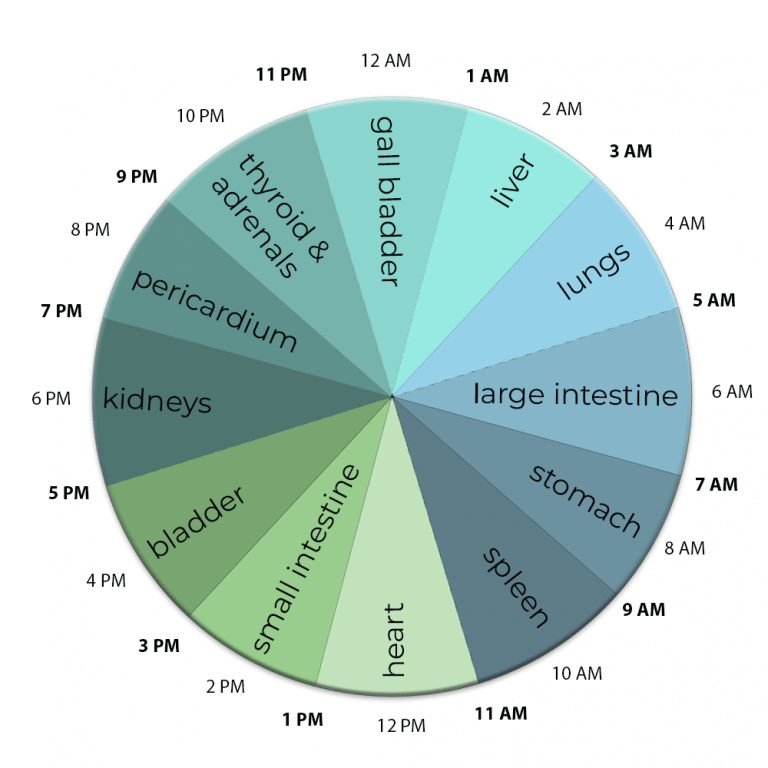Sleep is Medicine
Sleep is as essential as food and water! Good sleep and good health go together and good sleep means deep sleep. The health benefits of a good night’s sleep are many. Sleep is healing.
Studies worldwide show that quality sleep boosts:
1. The Immune System
Without getting too complicated, while we sleep the body increases production of cytokines and antibodies that help fight inflammation and infection. Immune cells called T-cells kill off harmful invaders and T-cells are most numerous after a good night’s sleep.
Our need for sleep increases with illness. It is your body telling you to slow down, so it can heal, and so it can divert resources and energy to fighting infection rather than spending them on daily tasks. Studies show people who sleep 8+ hours each night get less colds and flus than those who sleep less, so get good sleep to prevent illness.
This is great motivation to prioritise sleep, especially when cold and flu bugs are going around; but even more so when you are sick - snooze away!
2. Brain Health
Each phase of the sleep cycle restores and rejuvenates the brain so that it can function at its best.
Did you know your brain actually shrinks while you sleep to allow the glymphatic system to clear toxins to improve many aspects of brain function like: memory, concentration, productivity, mood, and energy??
As you sleep the neurons in the brain are cleaned and organised, so it can make new neural connections, leading to a healthier brain that is better at problem solving and decision making.
Sleep deprived people perform poorly in memory, accuracy, judgement and tasks requiring quick responses or multi-tasking like driving. You will recognise after a night of poor sleep your brain feels "foggy".
With artificial lighting and modern technology, many humans choose to willingly compromise their sleep needs; however the cumulative effect of sleep deprivation or sleep disorders is associated with serious health consequences including: high blood pressure, diabetes, heart attack, stroke, obesity, depression and Alzheimers.
If you have sleep debt - take steps to repay that loan for improved health and wellbeing.
3. Heart Health
There are some important and surprising connections between sleep and heart health.
Your heart rate slows and blood pressure drops while you sleep, allowing the heart to rest. Inadequate sleep keeps the blood pressure higher for longer, putting pressure on the heart and vascular system. Insomnia and other sleep disorders are strongly associated with high blood pressure.
Additionally sleep has a role in regulating stress hormones and insulin that affect your heart.
Lack of sleep may disrupt:
- the heart's rhythm - known as arrhythmia
- inflammation,
- atherosclerosis (plaque build up in the arteries)
- cholesterol levels.
High blood pressure, arrhythmia, inflammation, atherosclerosis and high cholesterol levels all strain the heart and increases risk of heart attack and heart disease.
4. Blood Sugar Regulation
Elevated blood sugar levels can damage blood vessels; however sleeping more than 7 hours overnight allows the body to fast dropping blood sugar levels and turning off insulin production, reducing risk for Type 2 diabetes.
If blood sugar levels are too high, it makes your kidneys work harder to clear excess glucose; which may result in frequent urination during the night, causing disturbed sleep. So a highly refined diet diet can impact your sleep too!
Lack of sleep creates an imbalance in leptin and ghrelin, the hormones that regulate hunger and appetite, making you overeat, leading to weight gain. I've found if I am awake late, dinner has been digested and I am hungry again so more likely to have a late night snack. Oops
And obesity may increase your risk of high blood pressure, type 2 diabetes and heart disease.
So snooze to lose weight.
More sleep = less fat.
According to Traditional Chinese Medicine if you wake at the same time each night and can’t get back to sleep it may indicate an imbalance in a body organ.
Firstly some reassurance, it is not unusual to wake during the night as you transition through sleep stages; but mostly you are able to quickly go back to sleep, often not even remembering waking.
If you lay awake though, there may be an underlying issue at play.
9-11pm
Being unable to sleep during this period could be a sign of stress, worry or anxiety.
Solution: check environmental factors - a dark room, no devices one hour before bed and calming the nervous system with gentle stretches, deep breathing, or reading a book.
11pm -1am
The Chinese Body Clock shows the gall bladder is activated at this time to break down dietary fats.
Solution: do not eat late or before bed. Review diet and reduce saturated fats.
1-3am
The liver is busy during these hours clearing toxins.
Solution: avoid or reduce alcohol consumption. Wine may help you fall asleep but metabolising alcohol disrupts restorative sleep. Review diet and environment for chemical toxins in food, personal care and home care.
3-5am
This is when lung cleansing is active. Some people may wake coughing at this time.
Solution: include exercise in fresh air during the day, and ensure fresh air in your bedroom. You may need to put your pet’s bed outside the bedroom door.
5-7am
The large intestine is clearing waste from the digestive system; which is why you may wake to have a bowel motion in the morning. If you are feeling blocked emotionally it may cause you to wake.
Solution: release any emotions that are weighing you down. Good hydration is important to have a "smooth move".
Other factors like caffeine, food sensitivities, mineral deficiencies, a refined carbohydrate diet, high saturated fat diet, or blue light from devices can all disrupt your sleep wake cycle.
Now that you know how sleep helps to keep your body healthy, and you need to prioritise sleep, what you really want to know is how to get those sweet dreams.
Strategies for sound, restful sleep and waking refreshed:
Good sleep actually starts in the morning. Over 5,000 studies show exposing your eyes to natural early morning light (infrared rays) turns off production of melatonin (your sleep hormone), and sets your wake/sleep cycle, i.e. your circadian rhythm.
Regular physical activity in your day improves the quality of your sleep.
Avoid coffee after midday as caffeine can stay in your system for 8+ hours.
Drink enough water during the day for optimal hydration. Aim for 2 litres daily.
Avoid heavy meals and alcohol before bed which can interfere with sleep quality.
Some people find certain food sensitivities impact sleep - dairy is a common one.
In the evening dim the lights and avoid the blue light from screens - especially in the hour before sleep which suppress melatonin production.
Establish a sleep schedule by going to bed and getting up at the same time each day.
Prioritise a calming bedtime routine - a bath or shower, deep breathing exercises, gentle stretches, read a book, write in your gratitude journal, listen to relaxing music.
Your bedroom should be a sanctuary - a peaceful haven away from television, mobile phones, clutter and fur babies. Invest in a comfortable mattress and pillow.
Ensure your sleep environment is a dark, cool, quiet room with fresh air if possible. (Avoid crashing on the couch which disrupts your sleep, when you move to bed).
If after following these guidlines sleep is still not coming easy a naturopathic wellbeing consultation may help to address health conditions, mineral deficiencies, organ support, and offer therapies to aid a restorative nights sleep. Get in touch with me through the contact page.







